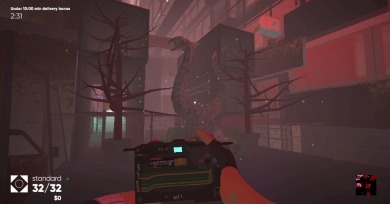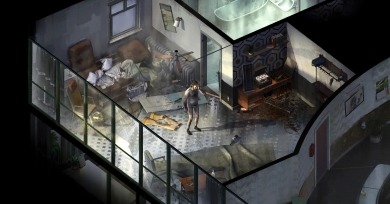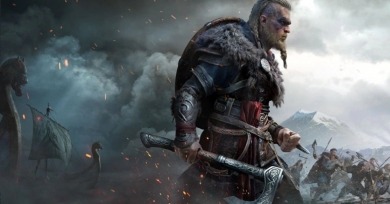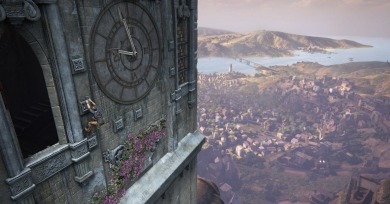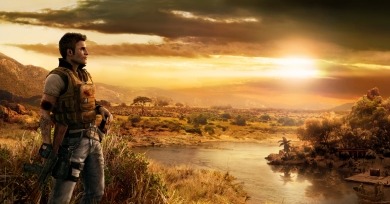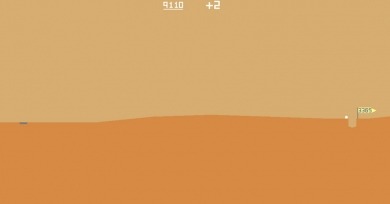Touching the Screen
The world of video gaming
In this special conversation for Touching the Screen, five critics discuss potential angles from which to approach video games as art.
If Breath of the Wild found new possibilities for player choice in exploration, Tears of the Kingdom offers enticing glimpses of what is to come as game designers rise to meet the challenge of endlessly creative audiences.
The titles forming this recent trend have diegetic time loops, ones built into their narratives and acknowledged by the characters.
Elden Ring is not just a single-player game but a sandbox, a hobby, a lifestyle. It sold 12 million copies in a single month. It is, bar-none, the event game of the year.
Faulkner evokes our uncomfortable relationship to the fascism that sits at the core of many games, a Pavlovian dopamine rush meant to mimic the very actions that imperialist militaries use to oppress, control, and murder in the name of jingoistic glory, and subversively offers an alternative path of interaction.
It is a narrative reframing that suggests not empowerment from disempowerment, but rather, redemption through the redefinition of acceptable terms of success. And by overturning the traditional power fantasy, a sympathetic understanding of identity disorders emerges.
This is a series firmly situated in a fraught and flawed framing of the past. The core games play out against a backdrop that could easily have been lifted from a Western Civilization syllabus, and that is a foundational problem.
Lots of huge, multimillion-dollar video games look very impressive from the dominant but qualitative perspective of judging digital visuals by how much they don’t look digital at all.
Far Cry 2 perpetuates and depends on colonial themes and values as much as any open-world game, with the key caveat that it works a critique (or, at least, a cynicism) of the colonialist project into its playing.
It’s easy to make something big with three-dimensional graphics, but it’s hard to create a true sense of overwhelming largeness, of the self as puny in comparison to something else.
Yang’s games are explicitly political, explicitly homoerotic, explicitly masculine. They are technologically proficient and artistically confident. They are some of the most exciting works produced in the video game form in recent times, and are well worth engaging with.
Alien: Isolation’s ingenuity as a work that adapts a film to a video game is in its tacit acknowledgment that the player knows what is going to happen in this universe. It’s a retread of the original film, but one that is aware it is a retread.
To play FIFA ’14 is less to play at what it is like to “actually” play soccer, but instead focuses on mixing together a sense of actually playing soccer with a sense of experiencing soccer as it is most commonly experienced through the television screen.
Every single stroke is added to that overall score; your overall score is always the total number of strokes you have performed. Short of deleting the game’s data and reinstalling it, there are no restarts, no practicing. Just you and the desert in a constant march forward.
_crop-390x204.jpg)



